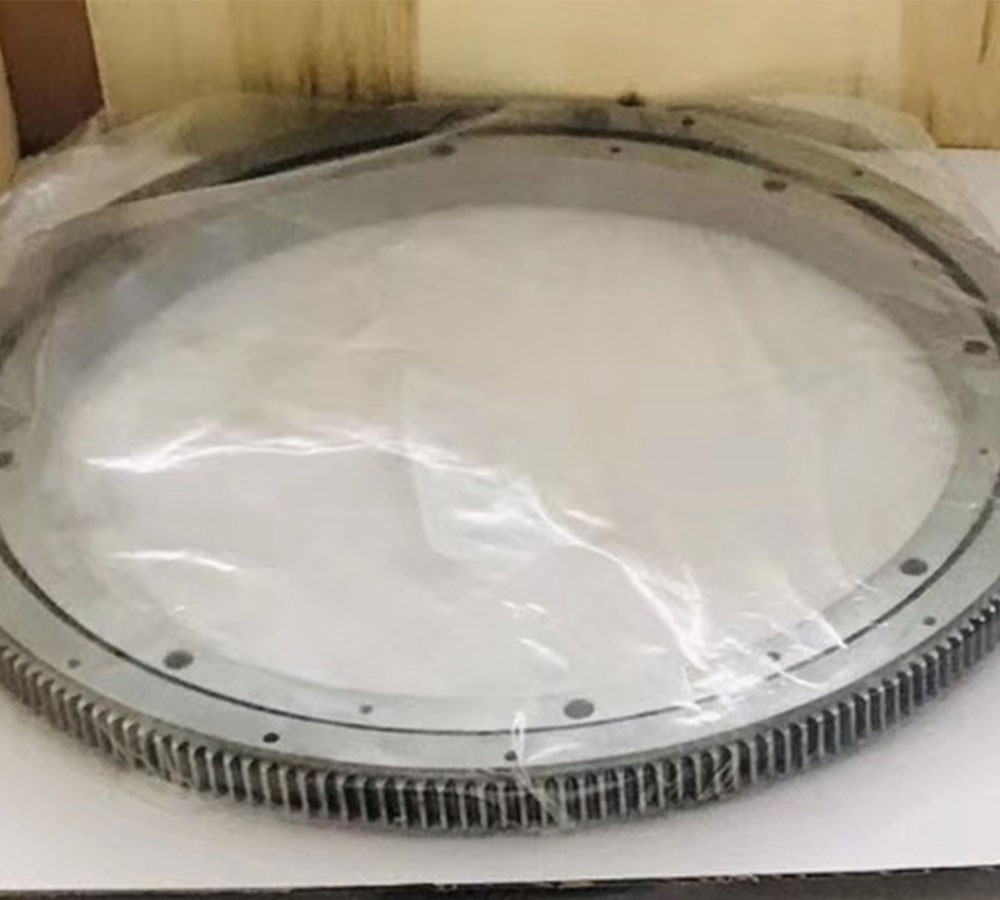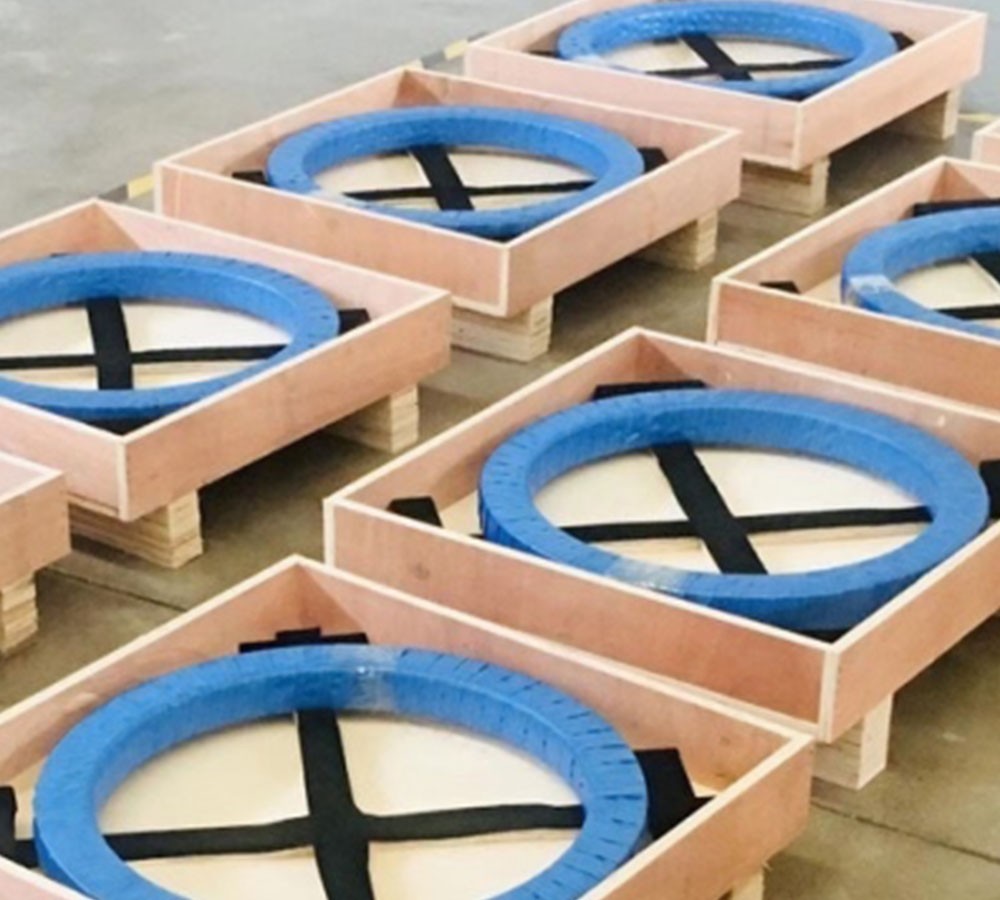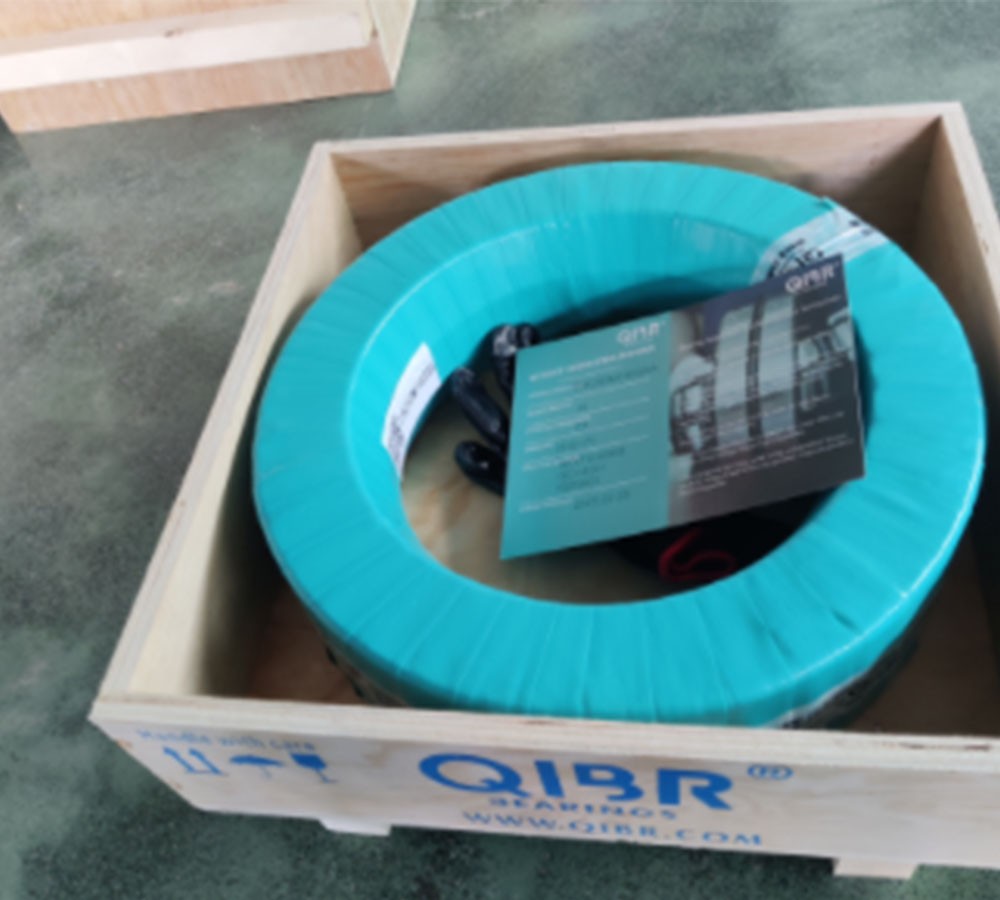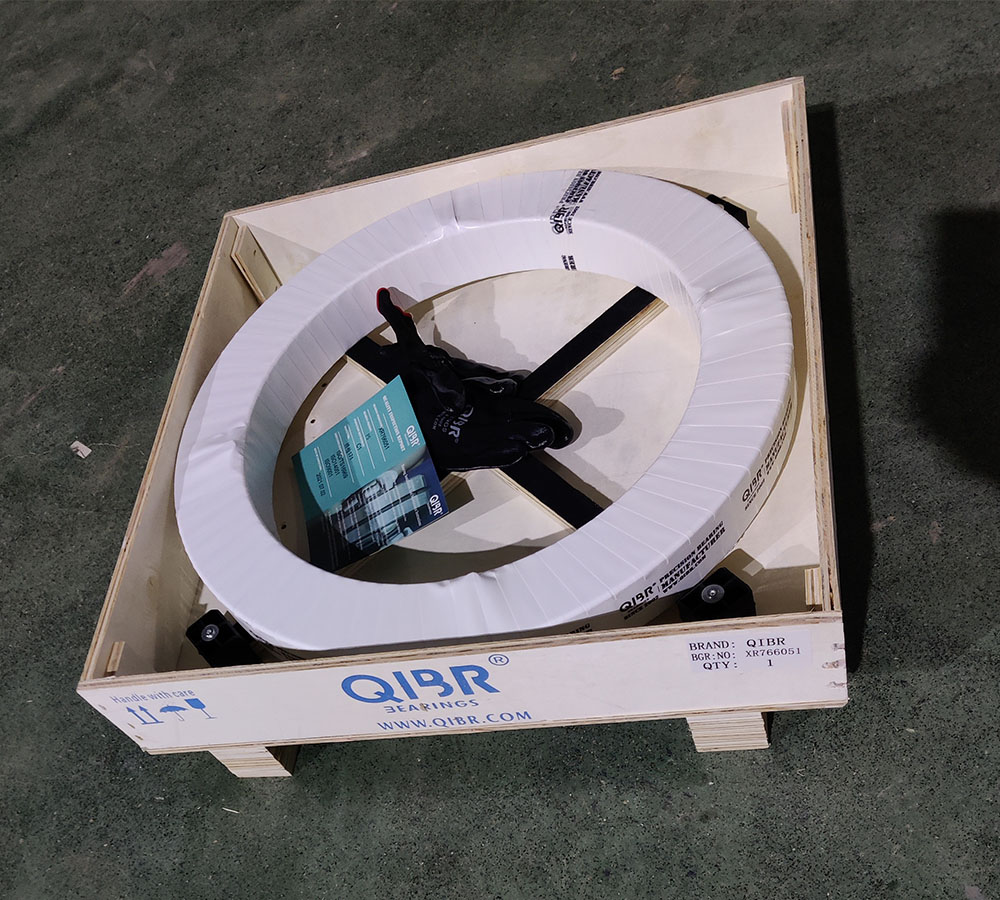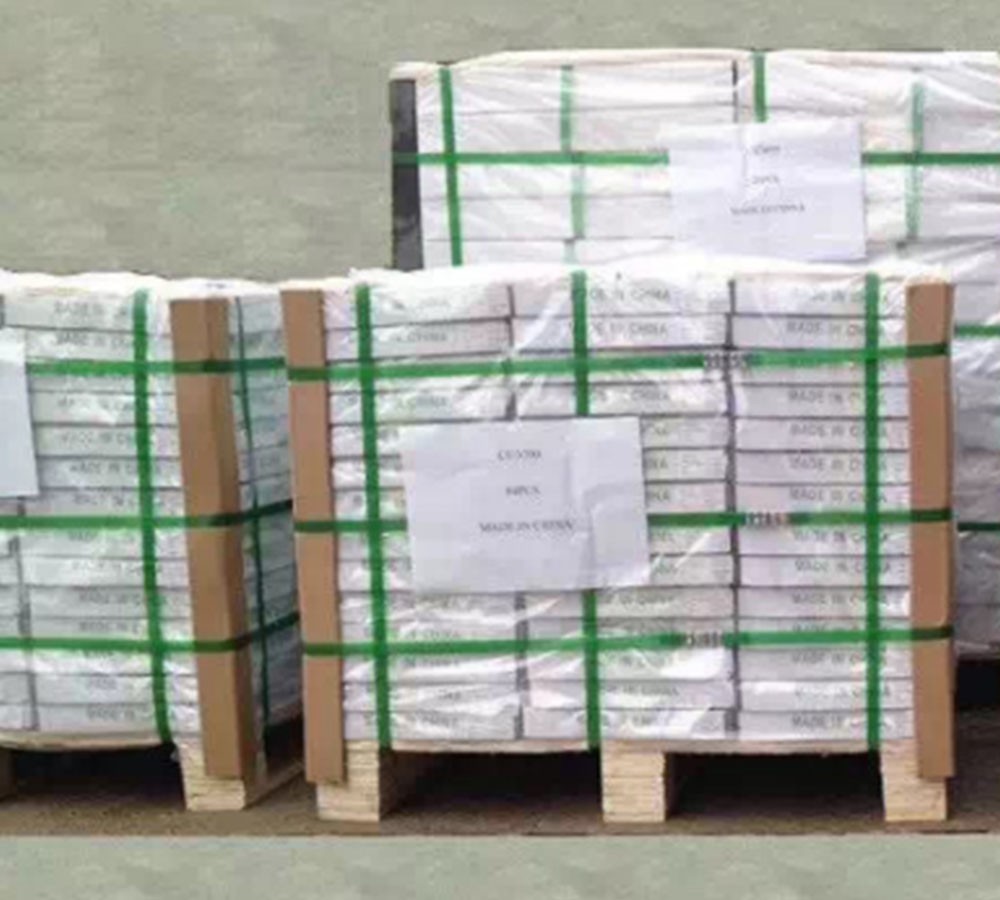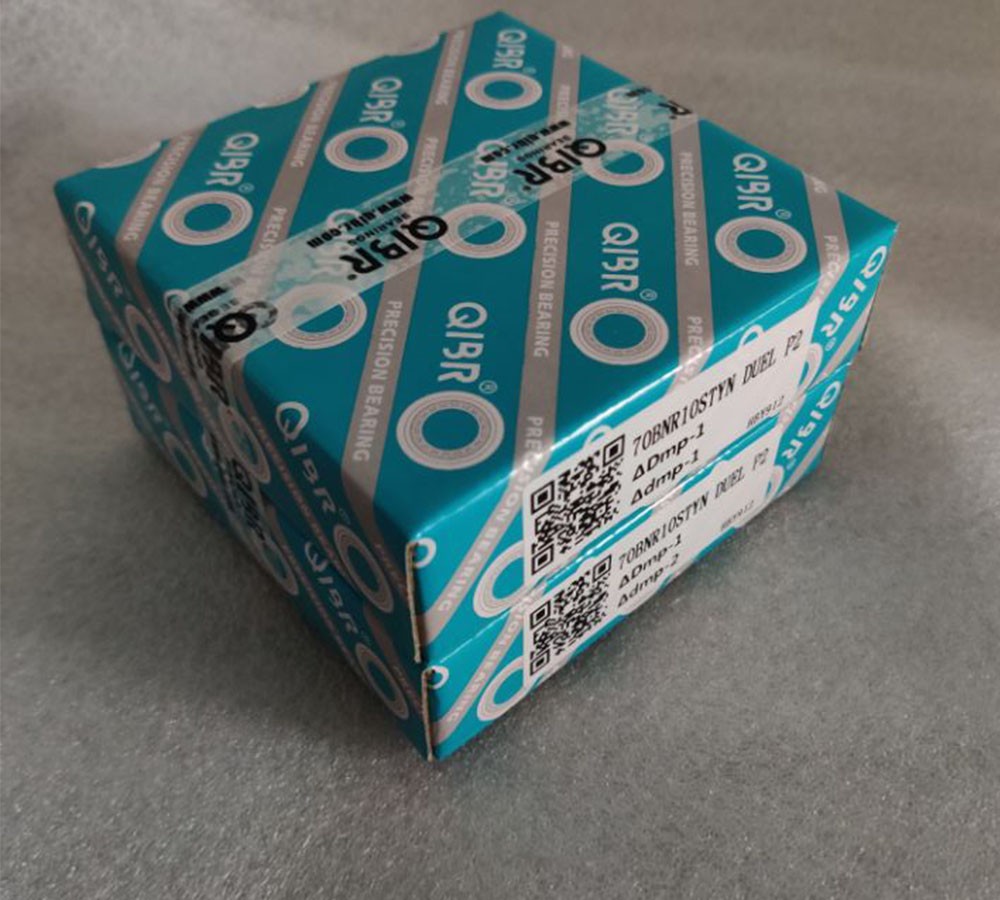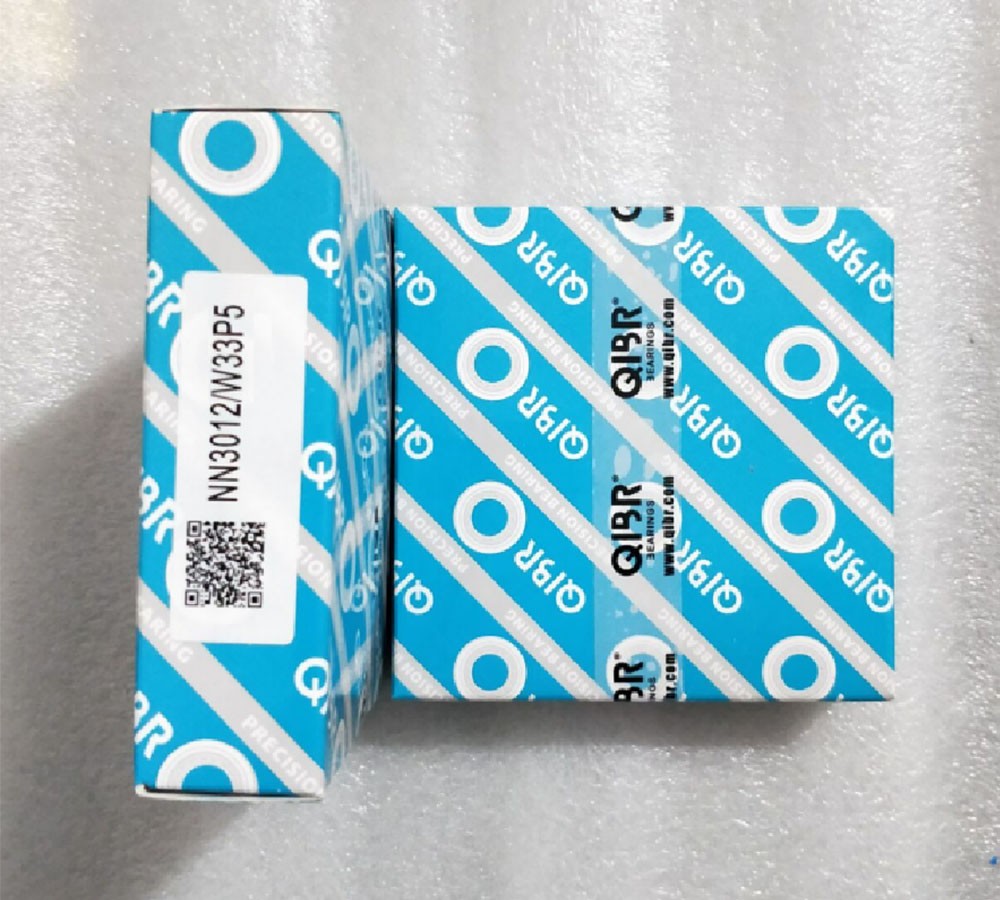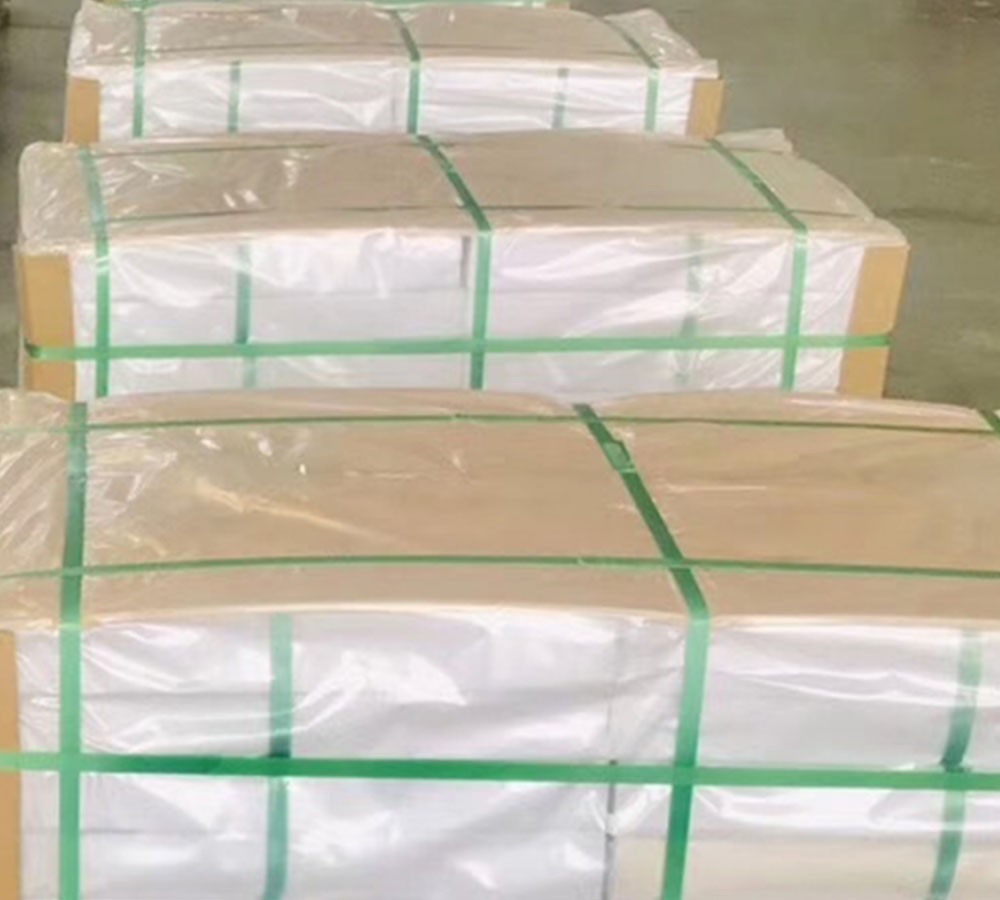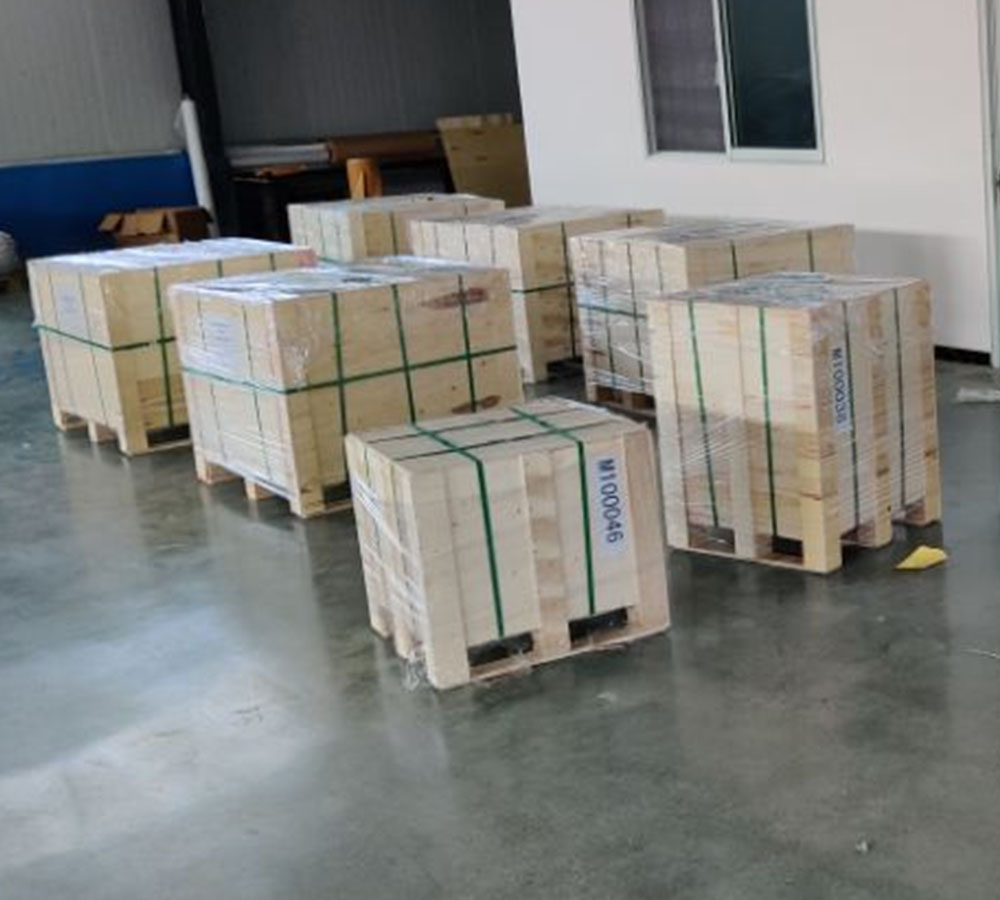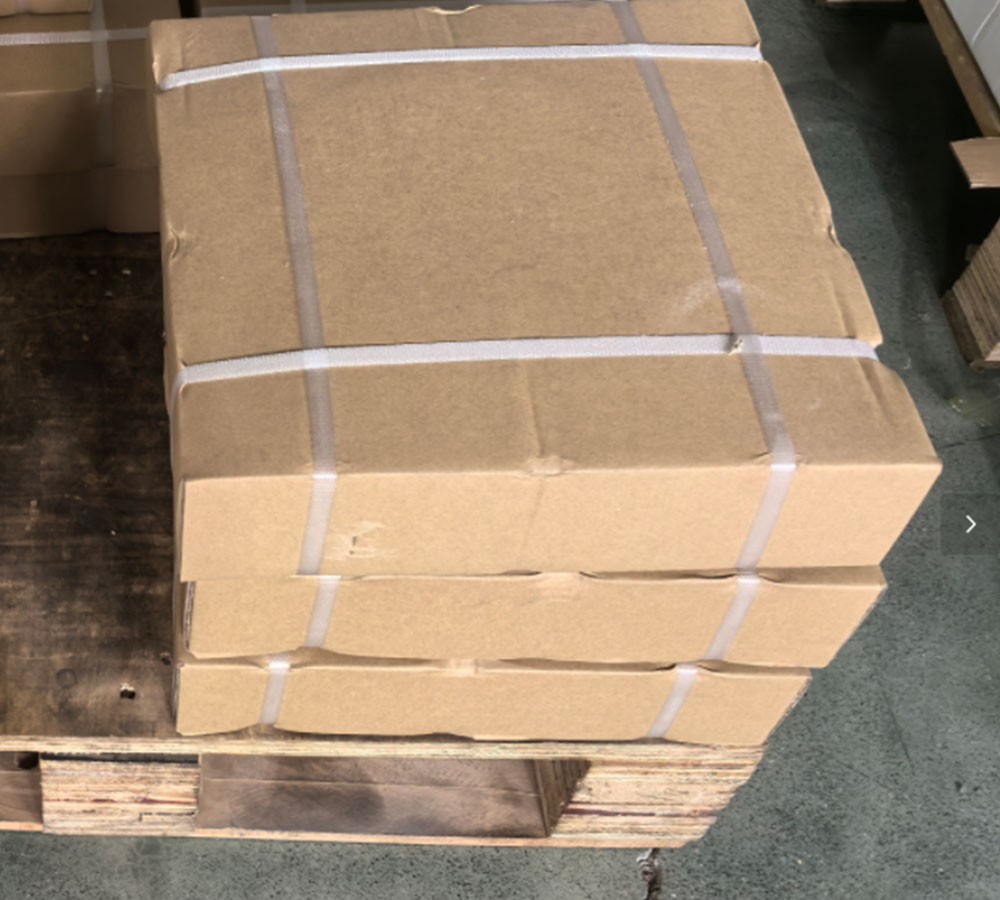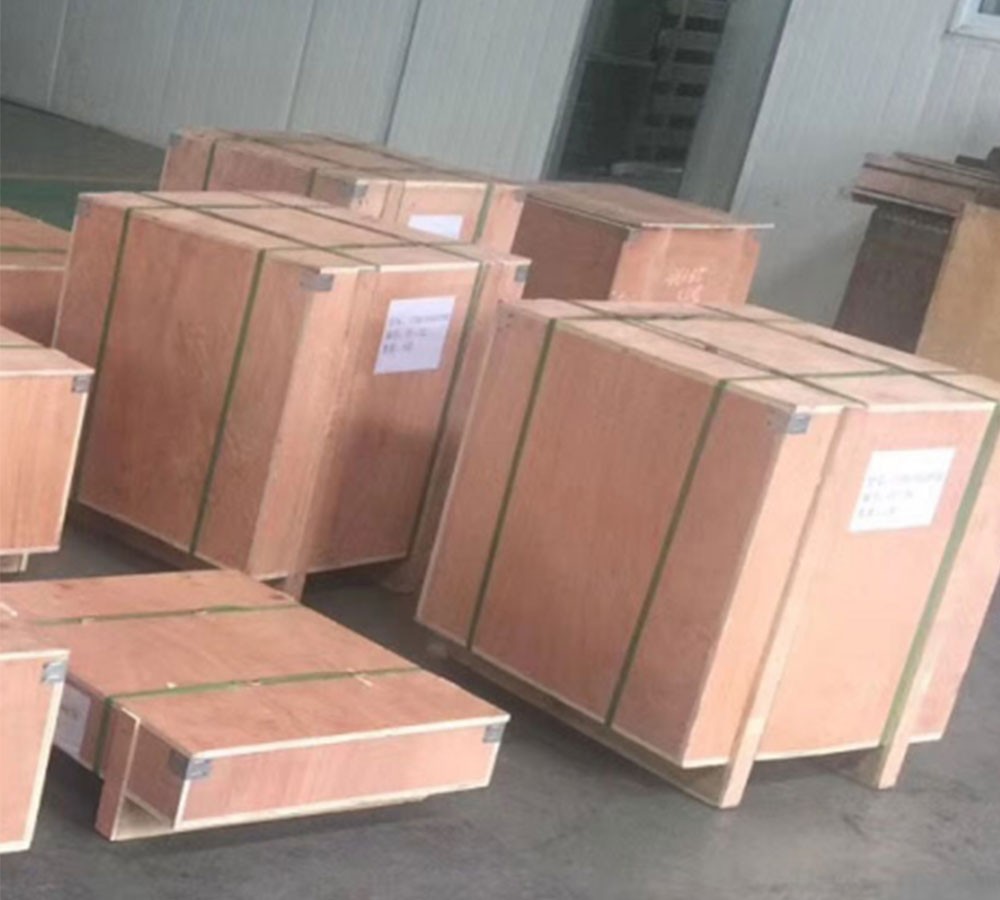The slewing bearings of QIBR were delivered to the customer in Munich, Germany, to improve the stability and durability of the belt feeder
- Continent
- Europe
- Country
- Germany
- Date
- 2016-07-12
- Categories
-
Slewing Bearing
- Applications
- Belt Feeder
Products Used
Slewing bearing
1. Strong Load Capacity: The 111.28.800 slewing bearings can withstand large radial loads, axial loads and overturning moments simultaneously. It is suitable for the working conditions where the belt feeder often faces complex load conditions during heavy-load operation. The high load-carrying capacity of the 111.28.800 slewing bearings ensures the stability and safety of the belt feeder.
2. Durability: The 111.28.800 slewing bearings are made of high-strength materials and possess durability, enabling the belt feeder to work stably under harsh environments such as high temperature and high humidity, maintaining efficient operation and reducing shutdown losses caused by failures.
3. Friction Reduction: Through the optimized design of the structure of the 111.28.800 slewing bearings and the adoption of high-precision machining processes, the geometric shapes and smoothness of the rolling elements and the bearing housing are ensured, reducing the friction caused by uneven surfaces. It can withstand large loads, reduce wear and tear, lower energy consumption and improve operating efficiency.
Additional Notes:
The German customer decided to purchase the 111.28.800 slewing bearings of QBR Company to improve the stability and durability of the belt feeder. The 111.28.800 slewing bearings are made of high-quality materials to ensure their durability under various working environments, resist wear and corrosion. The manufacturing process is strictly controlled to guarantee the accuracy and consistency of the bearings. The 111.28.800 slewing bearings have good self-aligning ability, maintaining a good running state when subjected to dynamic loads and eccentric loads. The risk of failures caused by misalignment is reduced, ensuring the reliability of the feeder during long-term operation.


